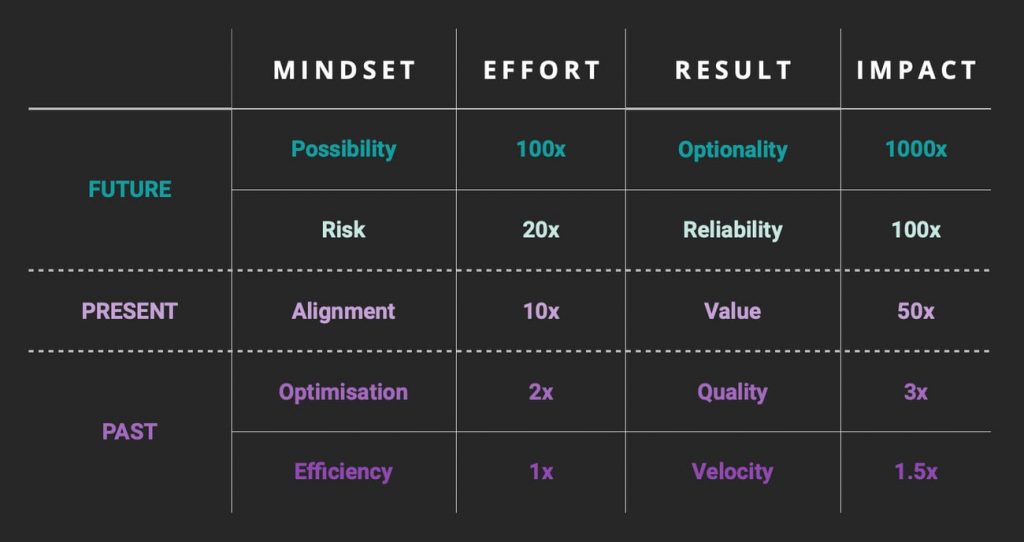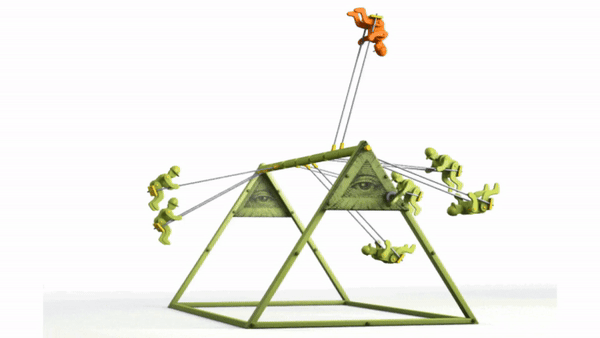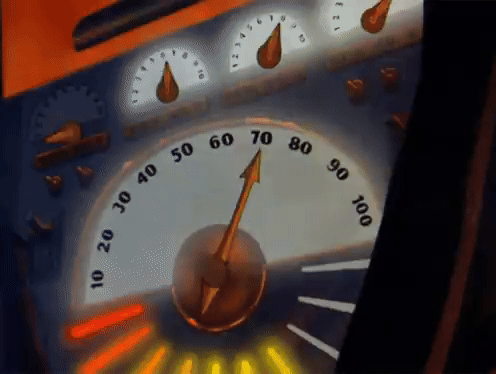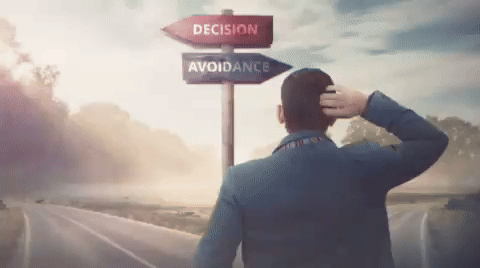An extract from my soon to be released Scenario Planning Guide

The following post is another abstract from my upcoming book ‘The Scenario Planning Guide’ due out later this month. If you’d like to be one of the first to know when it’s released please click here to register your interest.

In my last blog, I talked through the need for a little more slow thinking before undertaking strategic planning. But slow thinking can take a number of different forms and be used to achieve significantly different outcomes. Although slow thinking is almost always of value in an increasingly hectic world, it’s important to understand how our mindset and focus can impact the outcome.
Starting at the bottom of the table above, we can use slow thinking to analyse and improve what’s been done in the past. This is what we do with a mindset of efficiency or optimisation. This type of slow thinking can deliver a desirable outcome (increased speed or quality) in the short term, but does almost nothing to prepare us for what the future might bring.
We could also use slow thinking to consider how the requirements of our customers have changed and to align our offering to their current needs. This is a fundamental shift in thinking from the past to the present. This mindset require significantly more effort, but is also likely to have a far more positive impact on our organisation than just doing what we have always done (but a little bit faster).
Finally, we can use slow thinking to imagine what might happen next. A risk mindset is an example of a future mindset. When thinking about risk, we imagine what could go wrong and then identify redundancies and other solutions to increase reliability. Although this type of thinking requires a future focus, a risk mindset is still rooted in how to protect what we do now, rather than what we need do next.
Finally, we come to a possibility mindset. This is the mindset we need to embrace when it comes to scenario planning. Although the starting point for our scenarios is the present, the thinking is focused almost entirely on the future. The outcome of a Possibility mindset is optionality—a series of alternate, pre thought out strategies to be drawn from when needed.
All of these mindsets have a time and place and all of them can add value to an organisation. But the greater the uncertainty, the less useful past and present mindsets become and the more important it becomes for us to shift our thinking further up the table.






